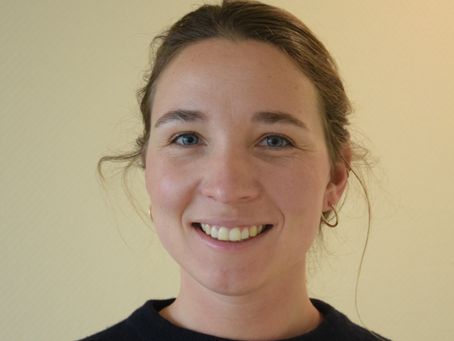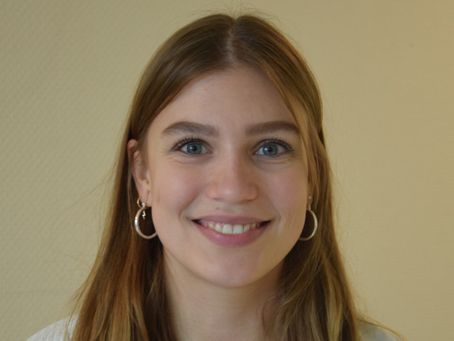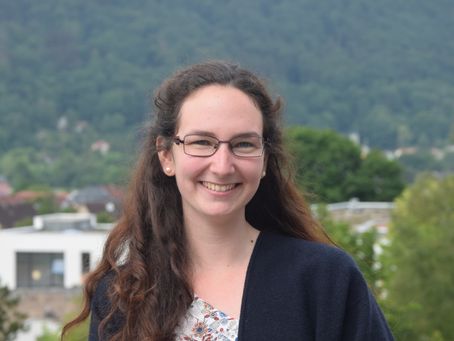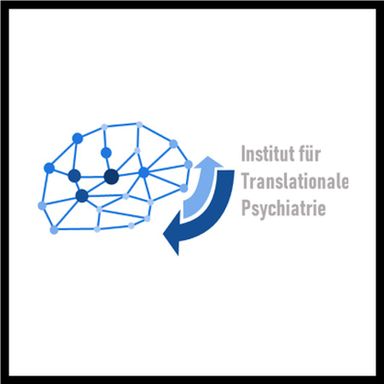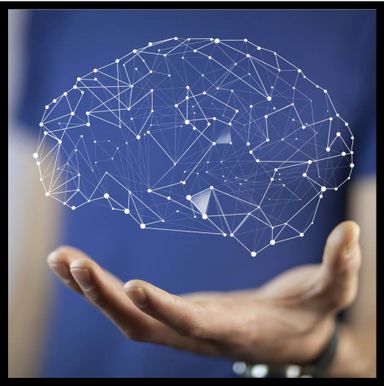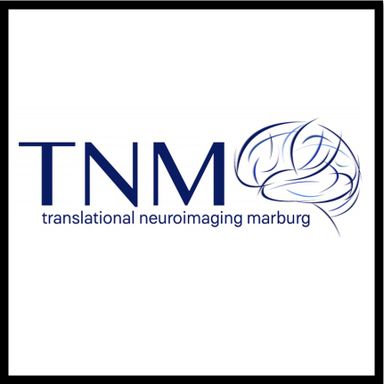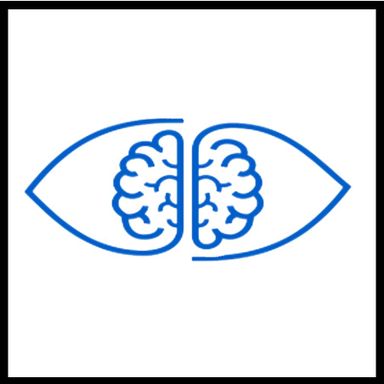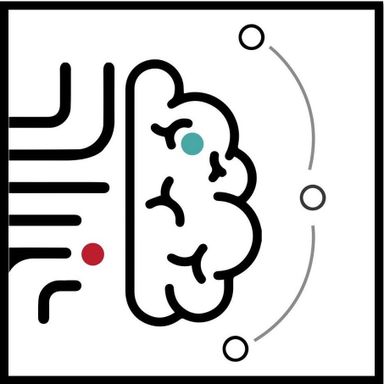Spontanoues Thoughts
Few cognitive functions are as distinctly human as the capacity for spontaneous thought, encompassing a spectrum of mental processes including daydreaming, ongoing thoughts, and mind-wandering.
Why Memory processes and spontaneous thoughts?
Studying these processes is crucial for several reasons: they are connected to pivotal cognitive processes such as memory consolidation; maladaptive thought processes significantly contribute to various psychiatric disorders; and most importantly for my research, they could hold the key to training multipurpose RNNs. It is noteworthy that catastrophic forgetting is currently a highly researched topic in artificial intelligence, representing for instance, one of the aspects of the Third Wave of AI in Darmstadt. Given these considerations, exploring the formation, progression, and potential control of thought trajectories is essential for understanding the human brain and behavior, promising substantial advancements in disciplines including artificial intelligence, psychology, and mental disorders study.
In our previous research, we developed a data-driven mathematical framework based on network control theory, conceptualizing spontaneous thoughts as a networked linear time-invariant dynamical system, with nodes representing memory properties. We validated this model using data from 82 healthy participants, revealing that the model accurately represented the true distribution of thought probes and that memories called into consciousness exhibited a temporal pattern governed by the networked dynamical system's energy landscape.
Team

Our aim is developing a dynamic network model of spontaneous thoughts that accurately simulates thought time courses and further, exploring the relationship between new thoughts and their history, and how new events influence thought patterns. We hope that this line of research helps us with new treatment startegies for menetal disorders and to support us toward building better RNNs that do not have limitations such as catasrophic forgetting.
Our Collaborators
Our research is heavily inter- and multi-disciplinary with a focus on computational methodologies.
As such, we are closely collaborating with other groups within and outside our department who complement us in terms of methodological, clinical, and imaging expertise.
Medical Machine Psychiatry Cognitive Translational Learning Neuropsychiatry Neuroimaging
Prof. Tim Hahn Prof. Tilo Kircher Prof. Igor Nenadić Prof. Benjamin Straube
___________________________________________________________________________________________________________________
Neuroimaging Clinical Psychology Language Psychiatry and Technologies Neurostimulation
Prof. Andreas Jansen Prof. Stefan G. Hofmann Prof. Lucie Flek Prof. Christoph Mulert
___________________________________________________________________________________________________________________
Dynamical Systems Cognitive Modeling Neurometabolic Cell Models and Theory Circuitry Parental Mental Health
Prof. Erfan Nozari Prof. Marieke van Vugt Dr. Sharmili E. Thanarajah Prof. Sarah Kittel- Schneider

